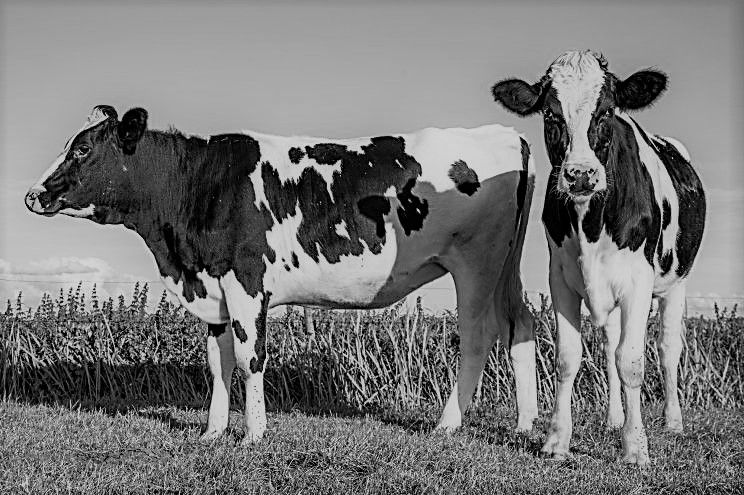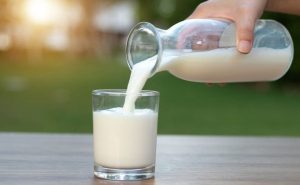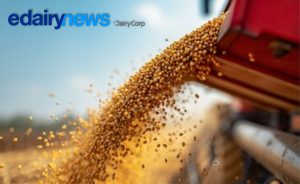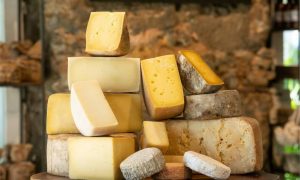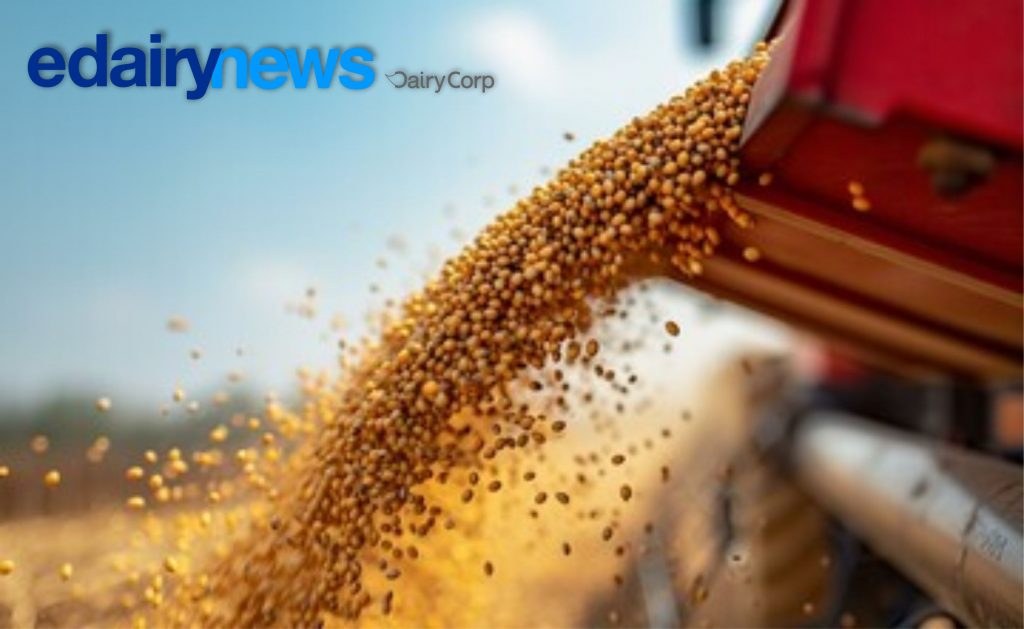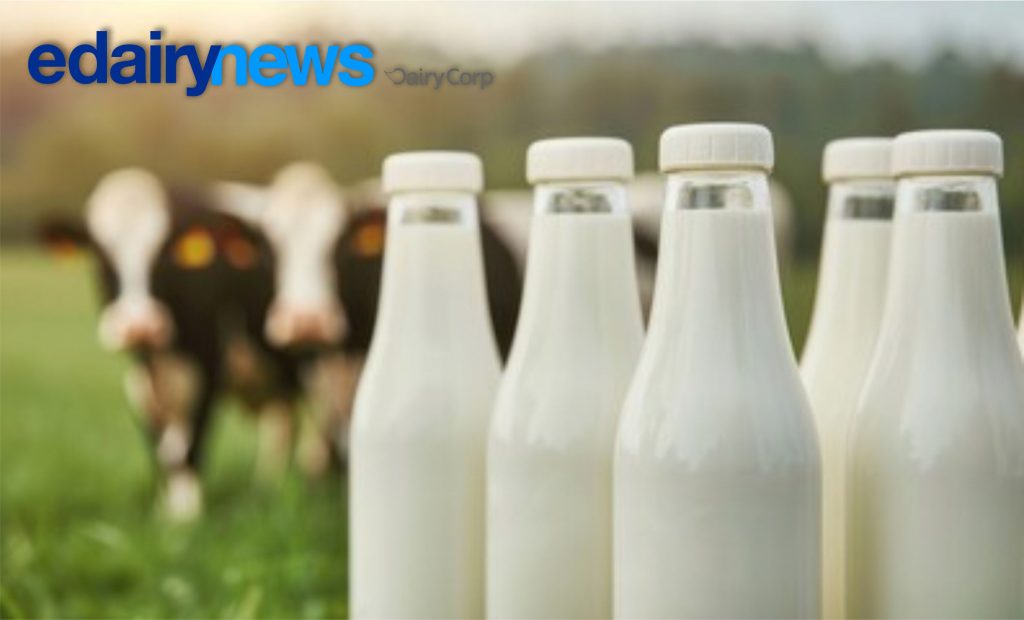Annual breeding is a key pressure-point in the dairy calendar that requires skill and experience. A local Hamilton company is now attracting global attention for an imaginative solution to a perennial farming headache.
Kiwi dairy farmers need to know exactly when to artificially inseminate cows. FlashMate was created to stick to cow hair during the breeding period to interpret cow behaviour. The red light comes on at just the right moment when the cow is on heat and the unit is easily removed after breeding without bothering cows. “Reading body language when you have as many as 1,200 cows isn’t easy” says Matt Yallop, one of the creators of FlashMate.
It’s a problem worth solving. Industry body DairyNZ put an annual value of NZ$1.5 billion on lifting the percentage of cows that are pregnant in the first six weeks of the annual mating period to 78 percent as the key industry target. Heat detection efficiency is a critical element in achieving this goal.
New Zealand is renowned for its dairy industry and FlashMate has not gone unnoticed by farmers and experts worldwide. FlashMate has reached far flung cows in remote Russia, Brazil, China, Chile and the Baltic shores of Estonia – even the mountains of Japan.
Dairy Industry bodies in Ireland, Japan and the USA are embracing FlashMate for its potential to lift productivity. In all three countries, clinical work has been completed to confirm the accuracy of the product. “We’ve been stunned by the strong interest outside New Zealand” says Yallop who receives offshore enquiries from farmers and experts every other day.
He suggests that with COVID effectively eliminating overseas travel, people are very open to doing international business online. This has freed up energy and resource which we can now focus directly on the local market. “There’s a huge number of positives there; I can be here in New Zealand with the family more and be far more available to support local farmers” Yallop says.
powered by Rubicon Project
Peer-reviewed publications utilising FlashMate are being accepted into the prestigious Journal of Dairy Science in the USA. “It’s really exciting to see a New Zealand innovation unlocking valuable new insights into animals that have been farmed for millennia.” Once published, the science can be shared back to our industry via DairyNZ.
Yallop adds that many cultures find the concept amusing, “it’s a brilliant ice breaker” he says. “People soon see the science and results behind the idea; realise it’s not a gimmick and are keen to see their own herds fitted out with flashing lights.”
Internationally, language is challenging and while actions and gestures can help convey the message, this can get awkward too with the subject matter. “Google translate has also handed us some hilarious moments” laughs Yallop.
The product has clinically demonstrated a 6.3 percent lift in six-week in-calf rate on New Zealand farms, head-to-head with skilled farmers using tail paint. A number of farms have already attributed more than $100,000 in improvements over several years, freeing up labour and helping sustain their farming way of life, while improving on-farm efficiency.
Because FlashMate has a very low skill requirement and makes life easier on the farm, it can help to save the day for farms affected by staff caught in COVID border closures, which may explain an early surge in local demand for the seasonal product.
Here at home, most people don’t know the full story says Yallop, but word of mouth is steadily growing. FlashMate has already been used on DairyNZ research farms and the product is building a reputation among artificial breeding technicians for alerting heats that even highly-skilled farmers would otherwise miss.
“Farmers are constantly being told to use technology but aren’t always offered a realistic starting point” says Yallop. “Our approach is to keep it very simple, muck in with farms and support the real decisions farmers have to make.” He adds that everyone in New Zealand should look to support farming in every way they can while, particularly as they lead our economic recovery.

